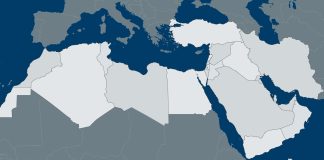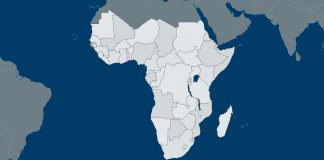Middle East and North Africa
Special Collection on the Middle East
This complete work consists of several dozen essays spread out over 8 parts tackling the region’s conflicts and historical evolution, relating them to contemporary issues. Divided into distinct regions and critical issues, the Special Collection of the Middle East is your source to better understand this volatile region and to be prepared for what comes next.

The meltdown of autocratic regimes currently underway in the Arab world has led to the growth of ungoverned spaces. The resulting vacuum is being dominated by armed Islamist non-state actors – in particular Salafist-jihadist militias.
The three non-Arab powers – Turkey, Iran and Israel – are trying to manage the regional commotion according to their national interests.
It was during the Cold War era that a deep ideological chasm in the Middle East began to coagulate. The struggle between those who adopted European secularism and those who crafted an ideology based on religious tradition had its roots in late 19th century Ottoman Empire. Roughly 100 years later, this struggle had polarized the region.








 Special Collection – The Middle East
Special Collection – The Middle East